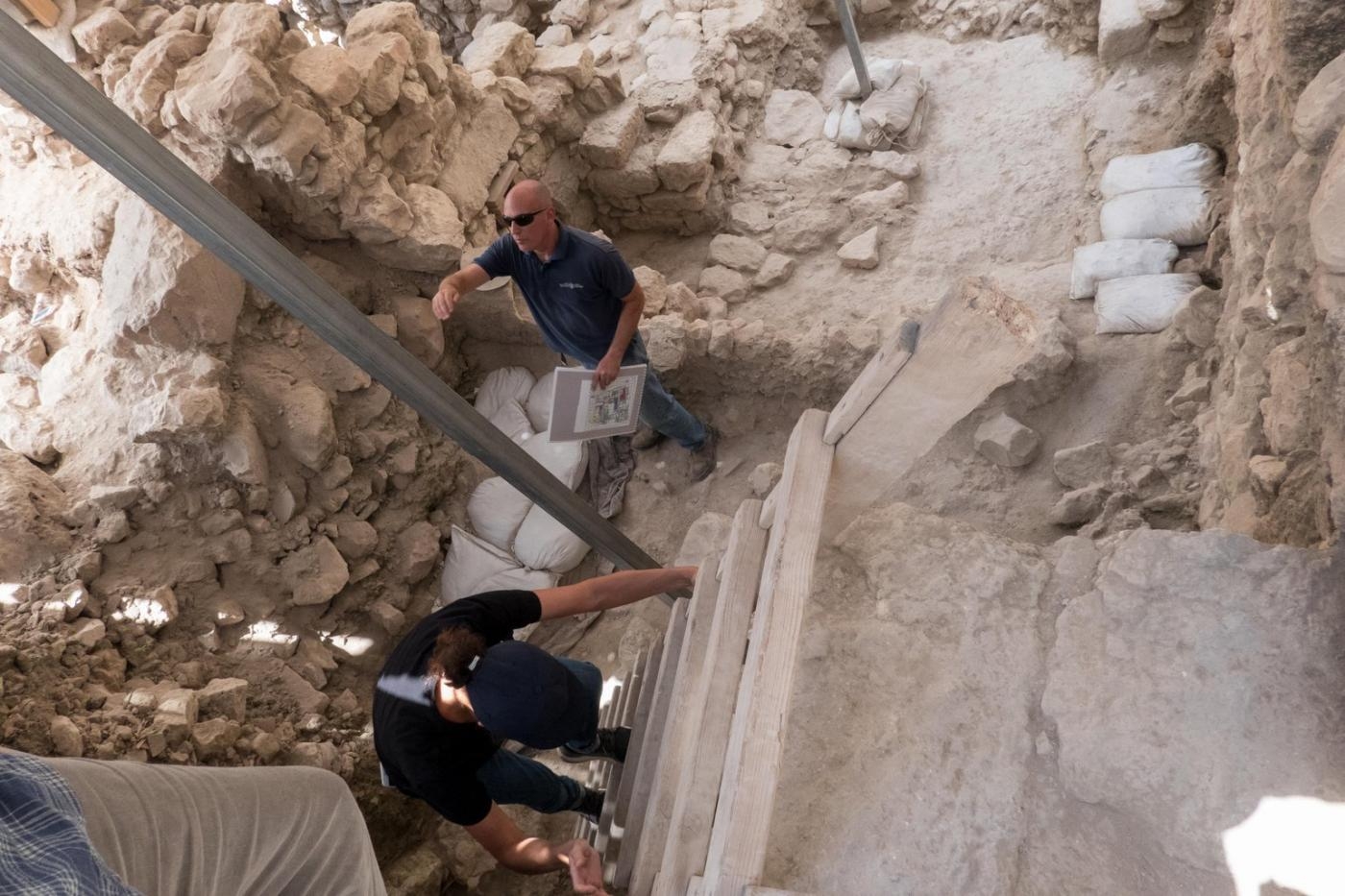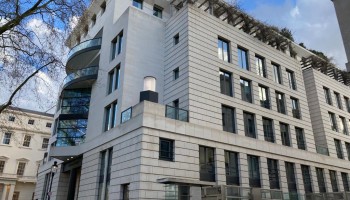Russian oligarch Roman Abramovich controls companies that have donated US$100 million to the Ir David Foundation, a settler organization operating in occupied East Jerusalem, an investigation by BBC News Arabic has found.
Since it was created in 1986, the foundation, commonly known as Elad, has settled Jewish families in roughly 75 homes in Silwan, a neighborhood next to the Old Jerusalem quarter. The organization calls Silwan “Ir David,” which means “City of David” in Hebrew.
Elad also runs Silwan’s archaeological sites, which draw more than 1 million visitors a year. Elad’s former marketing director, Shahar Shilo, told the BBC that Elad’s strategy is to use tourism “to create a different political reality in the City of David.”
The foundation relies on donors to fund its work. Nearly half of the donations it received between 2005 and 2018 came from four British Virgin Islands companies. The person behind these companies was anonymous, until now.
Roman Abramovich appears in the FinCEN Files as the ultimate beneficial owner of three of the BVI companies, and as in control of the fourth.
The four companies have donated more than $100 million to Elad, in today’s conversion rate, making the Chelsea Football Club owner the foundation’s biggest single donor over the past 15 years.
Israel is considered to be in breach of international law by allowing settlement in Silwan, and could be breaking additional laws by allowing Elad to carry out archeological digs.
Israel doesn’t consider the area to be occupied and disputes these views. And Elad has said it is necessary to carry out the archaeological work in order to protect Jewish cultural heritage.
Elad told the BBC it abides by Israel’s laws and regulations for non-profit organizations, including transparency requirements. When asked if Abramovich is a contributor, Elad said its policy is to respect donor privacy.
An Abramovich spokesman told the BBC: “Mr. Abramovich is a committed and generous supporter of Israeli and Jewish civil society, and over the past 20 years he has donated over $500 million to support healthcare, science, education, and Jewish communities in Israel and around the world.”
Without those funds, Elad would not have been able to so quickly and successfully strengthen the Jewish presence in the Palestinian neighborhood.
Some of the homes of Elad settlers were purchased from Palestinians, but in some instances the previous owners were forced out under Israel’s controversial “Absentee Property Law.” The law enables Israel to take the property of Palestinians determined to have left or fled during conflict.
The home where 19 members of the Sumarin family live, next to Elad’s Visitor Center, is at the center of one such eviction case.
“When I got married I moved here,” said Amal Sumarin. “My husband was living here with his uncle Haj Moussa Sumarin.”
She and her husband eventually became the elderly man’s caregivers.
“I started taking care of him, cooking and feeding him. My husband used to help him in the shower and used to take him to the doctor. He used to tell me, ‘This house is yours, my child. It's for you and your husband.’"
The uncle passed away in 1983. Four years later the house was claimed by the state of Israel under the absentee law and then sold to Hemnutah, a subsidiary of the Jewish National Fund.
One of the Jewish National Fund’s objectives is to buy and develop land on behalf of the Jewish people. In 1991, Hemnutah moved to evict the Sumarins from their home. With support and funding from NGOs and the Palestinian Authority, the Sumarins’ legal battle has continued since.
Mohammed Dahle, the Sumarins’ lawyer for 10 years, told the BBC, “The probability of the survival of a Palestinian property, after it’s been declared that it’s a Jewish or Israeli property… is most likely zero.”
The family lost its appeal to Jerusalem’s district court in August. Israel’s Supreme Court is set to hear an appeal in April.
Elad has been pushing the eviction forward, and in a 1991 letter to Hemnutah agreed to pay all legal costs associated with the case, along with several others in the Silwan area.
Hemnutah did not respond to questions about the case and Elad has not confirmed whether they have continued to fund it. Elad said all their properties have been gained fairly and legally.
“No Palestinian has ever been removed from their home in the City of David without due process without court, without a case, without them being able to present their case on either side,” said Elad Vice President Doron Spielman.
But Dahle said the law itself is biased.
“It’s a situation where one ethnic group makes laws for its own interests, and another ethnic group suffers under these laws,” he said.








